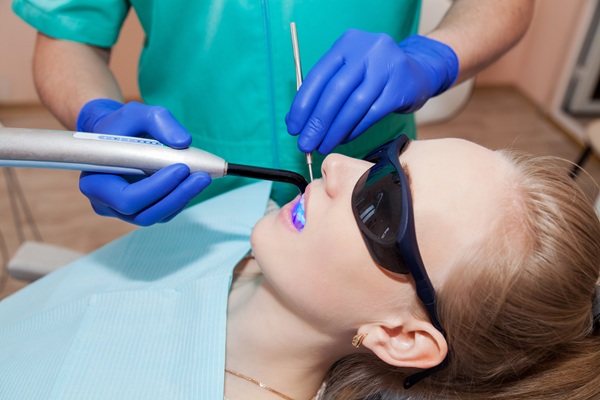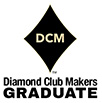The Benefits of Laser Dentistry for Cavity Treatment

Having a cavity is no fun. Fortunately, there are options like laser dentistry that can make cavity treatment more effective and efficient than the traditional cleaning and filling that many patients are used to. Here are some benefits of laser cavity treatment to help you better understand how this treatment method can help improve your oral health.
What is a dental laser?
A dental laser is a specialized instrument that performs specific procedures more precisely than standard dental instruments. There are two basic types of dental lasers: one for soft tissue and one for hard tissue. A hard tissue laser is used to treat cavities as it is better able to work around damaged tooth enamel and penetrate deep enough to clean the damaged tooth.
Benefits of laser dentistry for cavity treatment
Lasers can detect cavities easier
Not all cavities are easily detectable, and in some cases, a dentist may have trouble reaching the damaged area, making treatment more difficult. One of the primary benefits of a laser is that it is possible to get difficult areas or even detect cavities that a dentist would not usually be able to see.
Lasers can reach into parts of the mouth that dental instruments can’t, and without using a laser, a dentist may need to remove teeth or perform surgery to prepare the tooth properly to be repaired or receive a filling. In some cases, a laser can help save a tooth that might otherwise be unable to be fixed.
Lasers are more precise
Another benefit of using a laser to treat a cavity is its pinpoint precision. This means that when the dentist removes the damaged area of the tooth, there is less chance that they will damage other parts of the tooth while attempting to clean the debris. Besides getting into spaces easier, the laser is much more effective at fixing a cavity without causing damage to other areas of the mouth.
Lasers are less painful and invasive
No one likes to deal with pain when they go to the dentist. In the case of cavity treatment, however, laser dentistry can find, clean, and repair the cavity in the tooth much less invasively than with dental instruments. It is also significantly less uncomfortable than a traditional cavity treatment like dental fillings.
Additionally, this means that in cases where more work is done to fill the cavity, patients may not need as much or any local anesthetic. This benefits those who feel uncomfortable or have particularly sensitive teeth. Lower pain and less invasiveness make procedures safe and reduce the recovery time so that patients can get back to eating the foods they love sooner.
Call our office to learn more
Treating a cavity as soon as possible can prevent a simple procedure from becoming more complicated. Efficient treatment options like laser dentistry can help treat cavities without the hassle. Call our office today to schedule an appointment.
Request an appointment here: http://hdedental.com or call Huntington Dental Excellence at (626) 657-6335 for an appointment in our South Pasadena office.
Check out what others are saying about our dental services on Yelp: Laser Dentistry in South Pasadena, CA.
Related Posts
Same day crowns are now possible thanks to improved dental technology. This means you can now have a damaged tooth restored during a single visit to your dentist.The traditional procedure used to install crowns requires at least two visits to a dentist. During the first visit, the patient's tooth or teeth are prepared for the…
We are committed to providing quality service to residents located In the South Pasadena, CA area. Our website has additional information about the following topics: Dentist, Cosmetic Dentist, Family Dentist, General Dentist, Emergency Dentist, Implant Supported Dentures, Dentures, Dental Crowns and Same Day Crowns.
Are you considering implant supported dentures? This hybrid tooth replacement option is one that provides patients with stability and a natural-looking smile. Implant supported dentures can be used to replace teeth on the upper or lower arch. In the event that the lower arch of teeth needs to be replaced, patients are often curious about…










